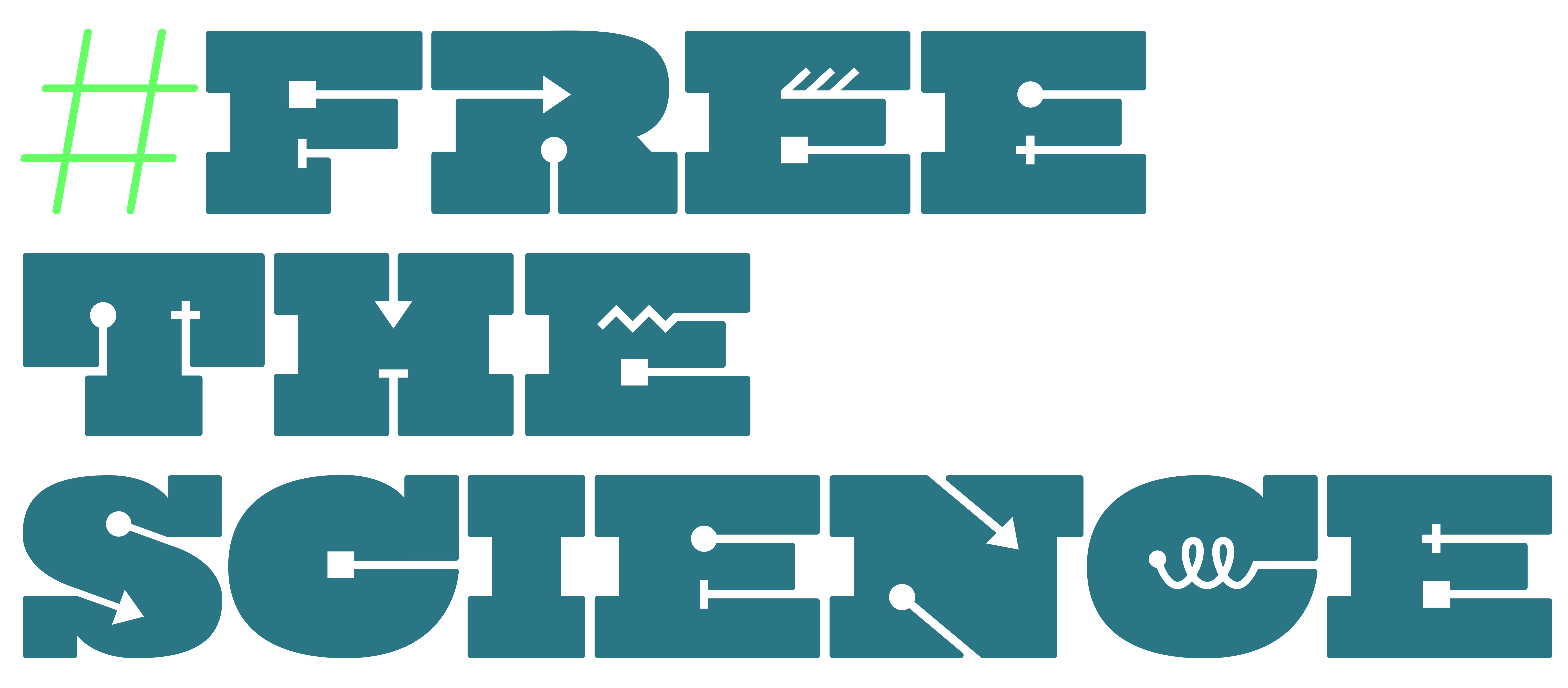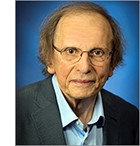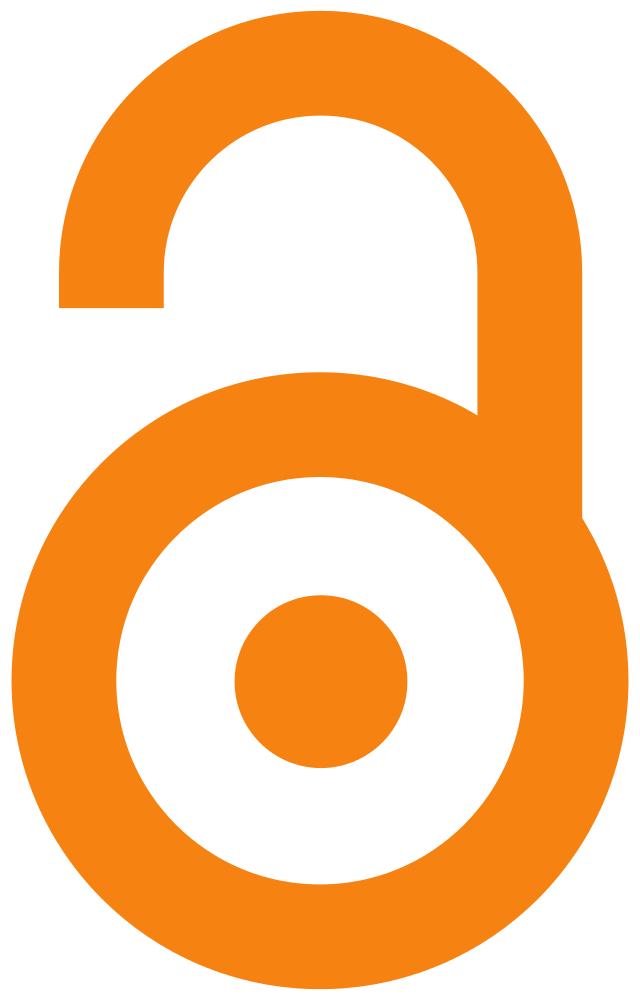The following article was originally published in the winter 2017 issue of Interface.
By: Roque J. Calvo, ECS Executive Director
 United States President John F. Kennedy sent a powerful message to the country in his speech at Rice University in1962, “We choose to go to the Moon in this decade and do the other things, not because they are easy, but because they are hard; because that goal will serve to organize and measure the best of our energies and skills, because that challenge is one that we are unwilling to postpone, and one we intend to win.”
United States President John F. Kennedy sent a powerful message to the country in his speech at Rice University in1962, “We choose to go to the Moon in this decade and do the other things, not because they are easy, but because they are hard; because that goal will serve to organize and measure the best of our energies and skills, because that challenge is one that we are unwilling to postpone, and one we intend to win.”
History has shown that it was not necessary to go to the Moon to win Kennedy’s challenge. His primary goal was to elevate U.S. national security during the Cold War when the Soviet Union was advancing as a world power and showing signs of superiority in their space program. The U.S. put a man on the Moon in 1969, but far more important was the spirit of innovation that was created, leading to world-changing new technologies in security, communications, and transportation, which was the true win.
Kennedy understood the importance of innovation and risk taking to the success of a nation and his speech permanently implanted this message into the ideal of science and the role it plays in advancing mankind. He continues to stimulate progress because in his words, “there is new knowledge to be gained … and used for the progress of all people.” It is amazing how Kennedy’s influence has prevailed. In a recent ECS podcast with Steven Chu,* the former U.S. Secretary of Energy and 1997 Nobel Prize winner said, “As a scientist, you better be an optimist … half the science I try to do is really shoot for the Moon.”
(more…)





 United States President John F. Kennedy sent a powerful message to the country in his speech at Rice University in1962, “We choose to go to the Moon in this decade and do the other things, not because they are easy, but because they are hard; because that goal will serve to organize and measure the best of our energies and skills, because that challenge is one that we are unwilling to postpone, and one we intend to win.”
United States President John F. Kennedy sent a powerful message to the country in his speech at Rice University in1962, “We choose to go to the Moon in this decade and do the other things, not because they are easy, but because they are hard; because that goal will serve to organize and measure the best of our energies and skills, because that challenge is one that we are unwilling to postpone, and one we intend to win.” On Thursday, December 14, from 12:00 pm to 1:00 pm EST, ECS President Johna Leddy and ECS Transactions Editor Jeffrey Fergus will answer your questions about open science, the
On Thursday, December 14, from 12:00 pm to 1:00 pm EST, ECS President Johna Leddy and ECS Transactions Editor Jeffrey Fergus will answer your questions about open science, the  ECS is honored to report that
ECS is honored to report that  Over the summer, librarians and academic leaders in Germany came together to lead a push in taking down the paywalls that block access to so many scientific research articles. The initiative, named
Over the summer, librarians and academic leaders in Germany came together to lead a push in taking down the paywalls that block access to so many scientific research articles. The initiative, named 
